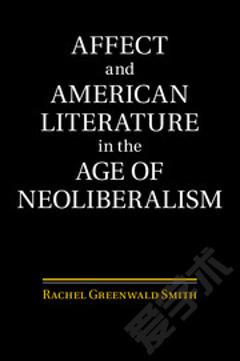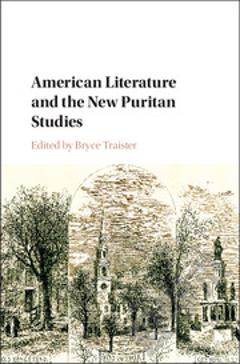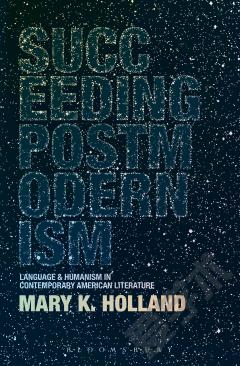Affect and American Literature in the Age of Neoliberalism
Rachel Greenwald Smith's Affect and American Literature in the Age of Neoliberalism examines the relationship between American literature and politics in the twentieth- and twenty-first centuries. Smith contends that the representation of emotions in contemporary fiction emphasizes the personal lives of characters at a time when there is an unprecedented, and often damaging, focus on the individual in American life. Through readings of works by Paul Auster, Karen Tei Yamashita, Ben Marcus, Lydia Millet, and others who stage experiments in the relationship between feeling and form, Smith argues for the centrality of a counter-tradition in contemporary literature concerned with impersonal feelings: feelings that challenge the neoliberal notion that emotions are the property of the self.
{{comment.content}}








 京公网安备 11010802027623号
京公网安备 11010802027623号